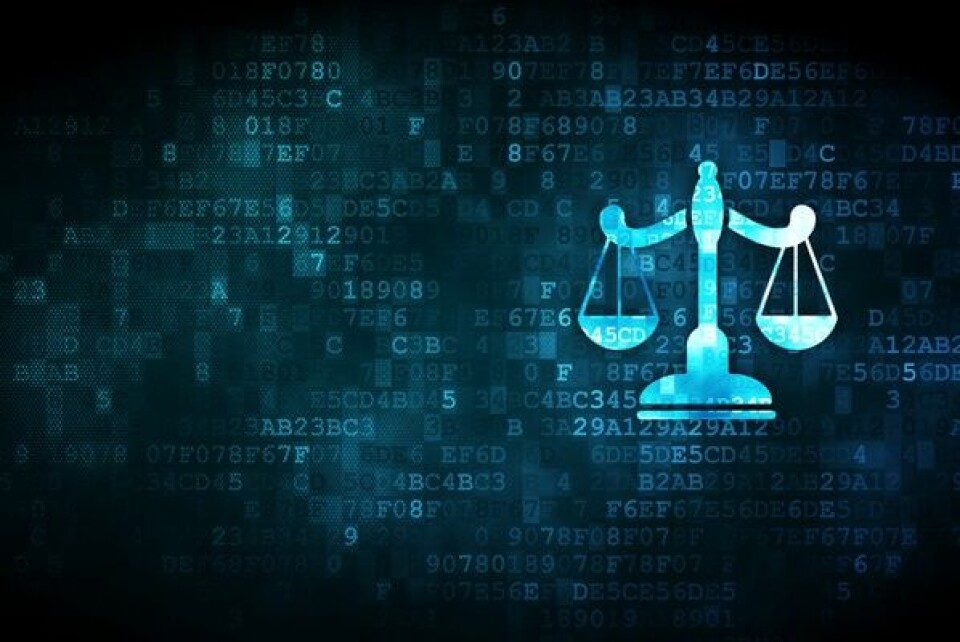It’s a story Africans know only too well. A crime committed, a big arrest and then, when everything looks sewn up, the alleged perpetrator walks free, smiling smugly for the TV cameras outside court.
What happened?
The inevitable!
Critical evidence, that would have put him or her away, is gone.
A guilty looking policeman, a shifty-eyed magistrate, an invisible court clerk is suspected of taking a back-hander but no-one really knows.
It is this that has turned Africans into cynics with little faith in the judicial systems of their countries (except when it comes to the poor who can’t pay the bribe).
But work is underway to make this stop.
A paperless digital system, that ensures evidence is not lost or tampered with, has been introduced in the Court of Justice of the Common Market for Eastern and Southern Africa (COMESA) in the Sudan.
It is also being used in civil litigation cases in South Africa and is being piloted in Kenya’s Court of Appeal.
The software, known as CaseLines, was developed by British tech entrepreneur Paul Sachs who spent years speaking to people in the legal community about their frustrations and needs. It enables evidence to be uploaded and then managed digitally meaning that losing papers or deleting documents without a trace is impossible.
Because CaseLines is cloud-based it doesn’t demand investment in IT infrastructure and can simply be switched on.
Nyambura L. Mbatia, registrar at the COMESA Court of Justice, said that in line with the UN’s SDG 16, one of the objectives of the COMESA Court was to eliminate financial and practical barriers to justice.
“By adopting CaseLines, the Court will become more efficient and processes such as physical filing will become obsolete. This will make a huge difference for our judges and for litigants dealing with the court and will bring us closer to achieving access to justice for all citizens of the COMESA region,” she said.
In South Africa Rendani Ramabulana, managing director at Tirisan Tech Solutions and recently appointed member of the Presidential Commission on the Fourth Industrial Revolution (4IR), said the company had been delighted to facilitate the formal procurement process of CaseLines.
“So far we have received incredibly positive feedback from judges trialling the system and we look forward to offering hands on technical support during the software’s implementation.”
For Sachs, now CaseLines’ Chief Technology Officer, that his system is now being used at key points in these countries’ justice systems is an honour.
“CaseLines offers far greater efficiency and transparency to the process of justice – and an effective and functional legal system is not just good news for those who deal with courts, but for African society and businesses too. It also demonstrates a real appetite and capacity for leadership that exists in Africa.”
CaseLines ends the need for paper and allows the presentation of a digital bundle (including multi-media evidence) in court.
Lawyers can file applications and evidence in a secure environment, away from their offices, saving on the cost of copying and transporting paper files and, at the same time, cutting the risk of losing or misplacing files. The system supports pre-trial preparation, especially for lawyers supporting clients in different countries.
It also offers pre-trial tools that enable lawyers to prepare and secure role validated video-conferencing for virtual hearings.
For COMESA it means judges, who come from many different parts of Africa, can now work from their home offices, improving preparation, cutting unnecessary travel and speeding the process of preparing a judgment.
-
The COMESA Court is based in Khartoum, Sudan, and sits with twelve judges, each from different member states. Lawyers bring cases to the Court from all the Member States, incurring considerable time and cost to file applications and send paper copies of evidence to the Court.
-
CaseLines delivers paperless hearings for lawyers and courts around the world, including the UK and the UAE. The platform holds over 300,000 cases, with over 100 million pages of evidence. Headquartered in London, UK, CaseLines is privately held with operations worldwide.

